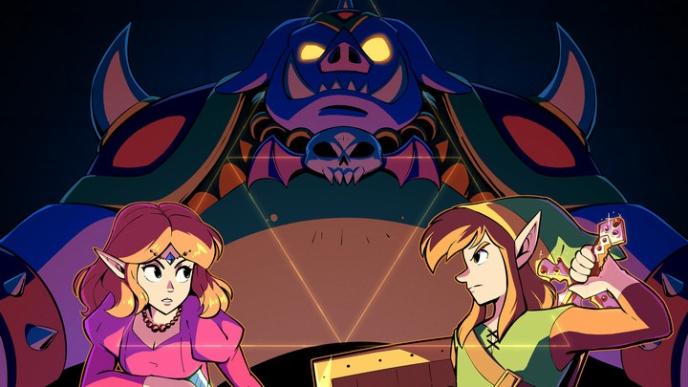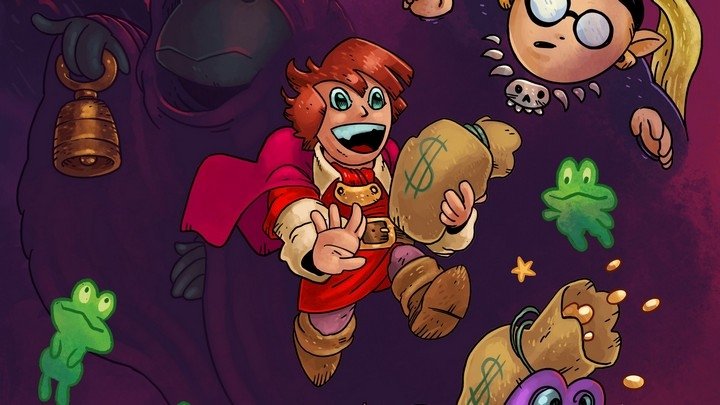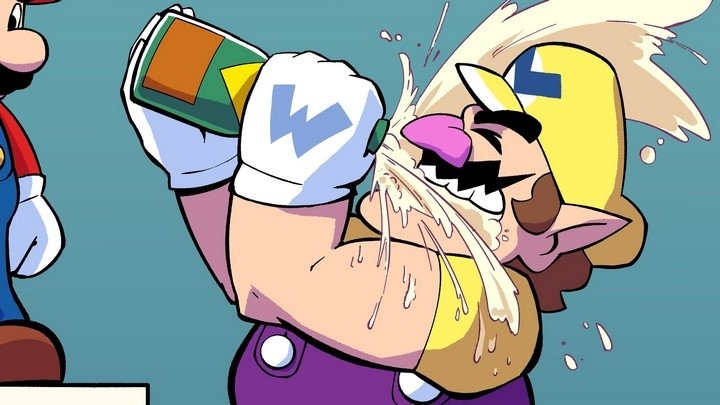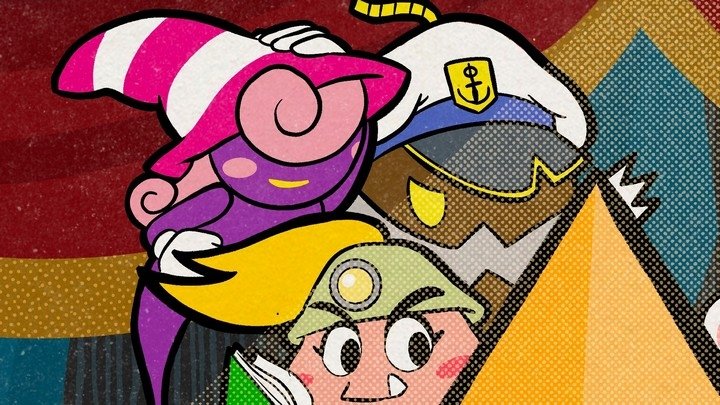Clubhouse Games and Nintendo's legacy
Hanafuda? No thanks, I just ate.
If you like a lot of chocolate (board, card and tile games) on your biscuit (Nintendo Switch), join our Clubhouse Games: 51 Worldwide Classics. That seems to be the message put forward by Nintendo's recent follow-up to the 2005 Nintendo DS banger, Clubhouse Games. Give or take a reference to a defunct UK commercial for a frankly substandard snack, that is.
What we're looking at here is a compilation of games much like its dual-screen predecessor, but without the useful touch controls. Wait, it actually does have those. But without the useful built-in stylus! At any rate, you can play the included titles with a single Switch if you want, which is nice; I've already played more than a few rounds of Othello (here called Renegade, for some reason) with family to stave off the lockdown blues.

Of the 51 games available, though, it's Hanafuda that caught my eye; as any fule kno, Nintendo got their start back in the late 1800s manufacturing Hanafuda cards, and they continue to do so to this day. It's interesting to see such an overt link to their past (no Zelda pun intended), though if any company is in touch with what came before it's the Big N. Indeed, Hanafuda was available on the previous Clubhouse Games, but without the slick presentation seen here. Also - at least in Europe - special Nintendo-themed Hanafuda decks have been made available to buy for My Nintendo members. It's an interesting way to bring things back around.
Actually playing Hanafuda, though? God, I have no idea what's going on. This isn't the game's fault - as with every other activity included in the pack, you're given precise and clear instructions, as well as a voiced opening cutscene the first time you try it. Unfortunately I found the included Hanafuda-based game Koi Koi to be difficult to get to grips with; thankfully, the game will prompt you which "sets" your cards belong to but even spending significant time with the game I was unable to memorise them enough to make it intuitive.

Still, time and experience would change this, and it's not like there aren't fifty other excellent games included. Highlights? Chess, obviously. Texas Hold 'Em is fun even without real money on the line, but who's to say you can't simply throw notes into a fire while playing? And if you fancy something a bit more active, there are versions of Bowling, Tennis and - best of all - Billiards available.
There are multiple difficulty levels for playing against the AI, and an interesting line in unlockables set against a globe-trotting framing device. Of course, that's all just stuff to click through before you get to play Mahjong - a game I may now finally be able to learn, which I've always been interested in.

It's a good set, very slickly presented, and great value for money. Another example of Nintendo's refusal to forget anything from its past, along with the brilliant minigames in the Wario Ware series based on such Ninty bits n' bobs as the late, great Gunpei Yokoi's Ultra Hand toy and the Chiritorie vacuum cleaner. It's nice as a fan to be plugged into this history, and you can be assured that Nintendo won't be letting it go.
Except F-Zero, apparently, which is never coming back. Ever.
A review copy of this game was provided by the publisher.




